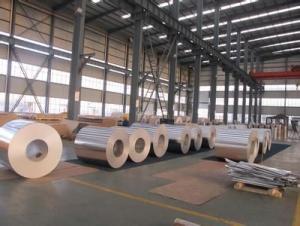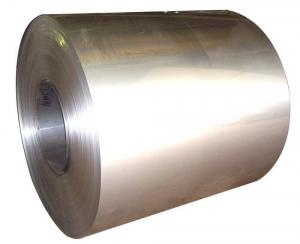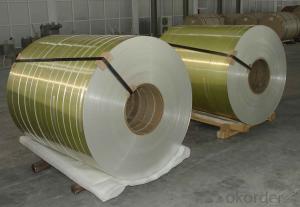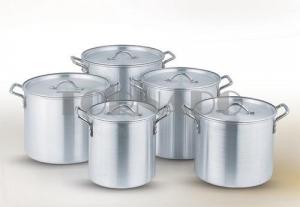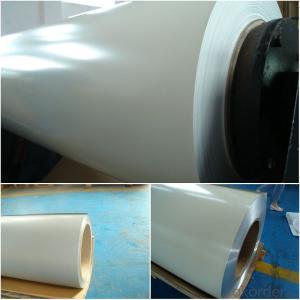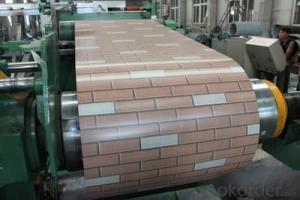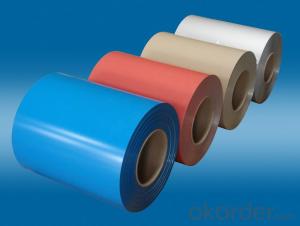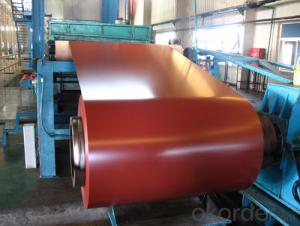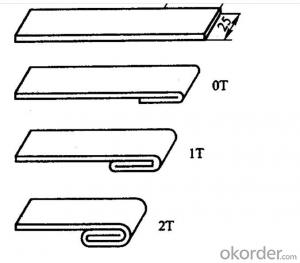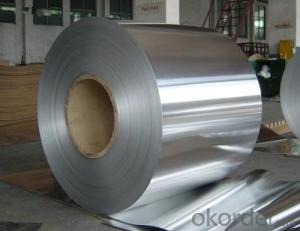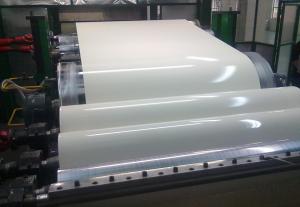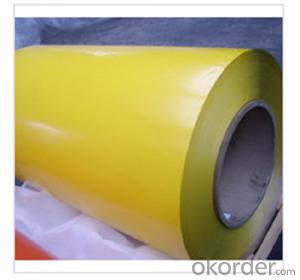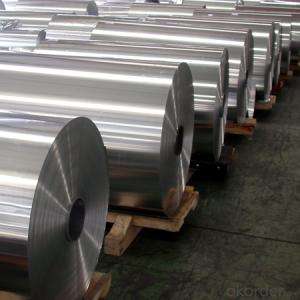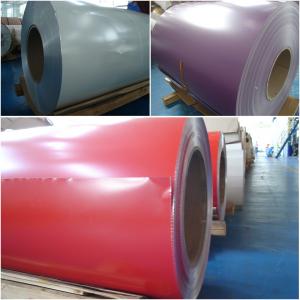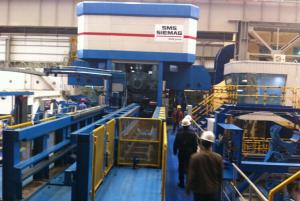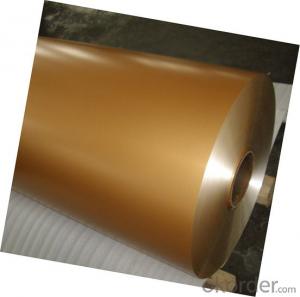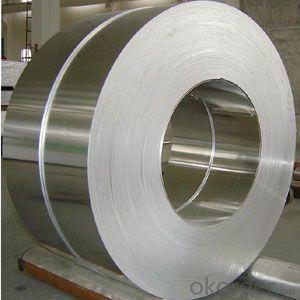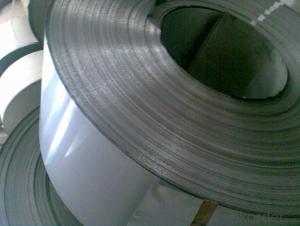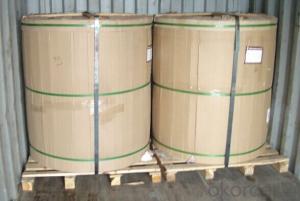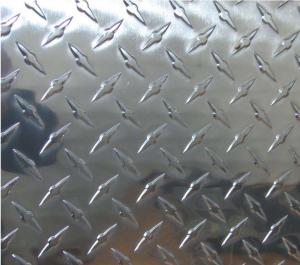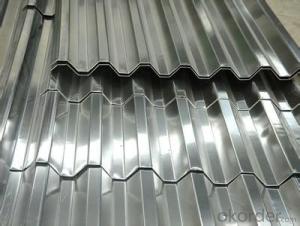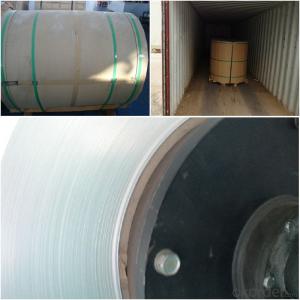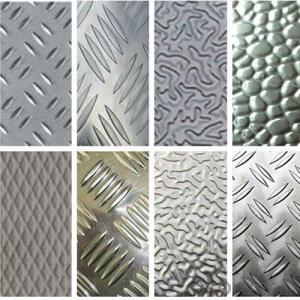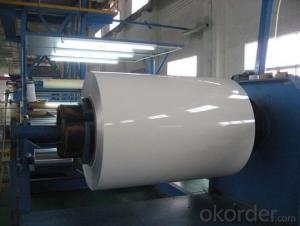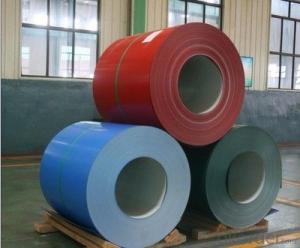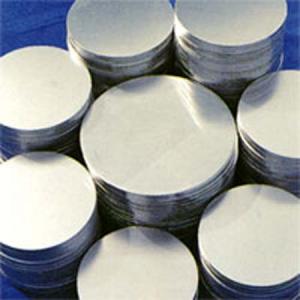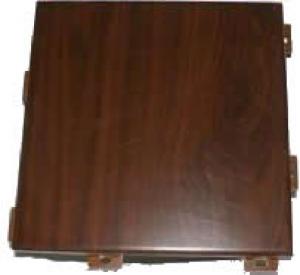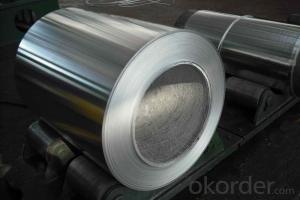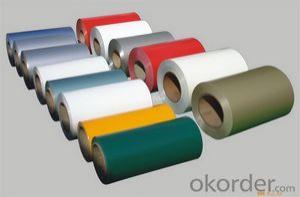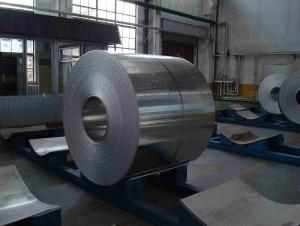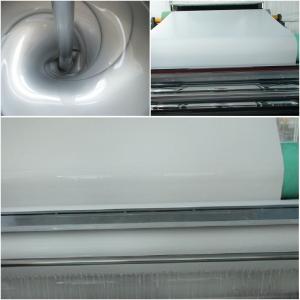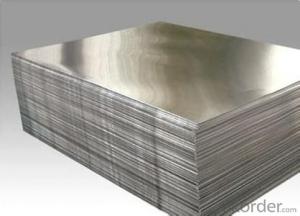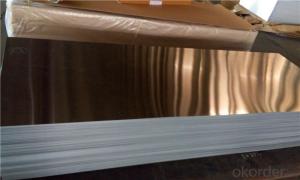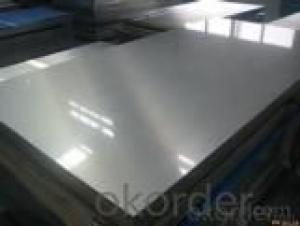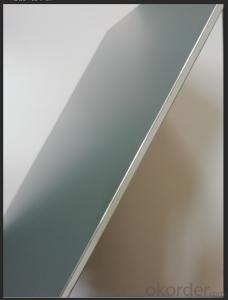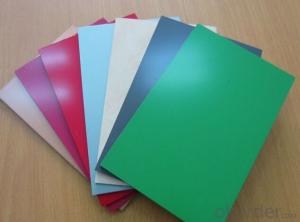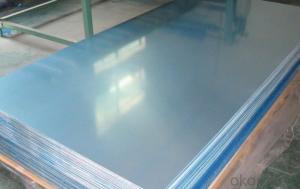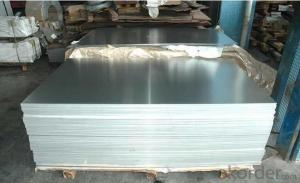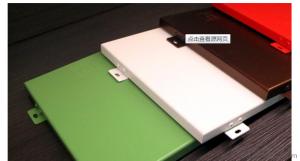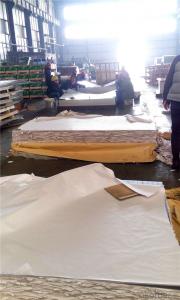Aluminum Sheet Coil
Aluminum Sheet Coil Related Searches
Aluminum Sheet Metal Coil Aluminum Sheet Coil Price Coil Coated Aluminum Sheet Aluminum Sheet Coil Suppliers Aluminum Foil Sheet Aluminum Siding Coil Aluminum Wire Coil Aluminum Alloy Coil Aluminum Copper Coil Aluminum Tubing Coil Aluminum Coil Pipe Aluminum Ac Coil Aluminum A Coil Aluminum Strip Coil Aluminum Slit Coil Copper Aluminum Coil Aluminum Sheet Circle Aluminum Roof Coil Aluminum Strapping Coil Aluminum Tube Coil Powder Coated Aluminum Coil Aluminum Foil Baking Sheet Anodized Aluminum Coil Aluminum Coil Pe Sheet Of Aluminum Foil Baking Sheet Aluminum Foil Aluminum Sheet Plate Single Sheet Aluminum Foil Roll Aluminum Coil Rolled Aluminum SheetAluminum Sheet Coil Supplier & Manufacturer from China
Aluminum Sheet Coil is a versatile product made from rolled aluminum, which is widely used in various industries due to its lightweight, corrosion resistance, and high strength-to-weight ratio. This product is available in different alloys, thicknesses, and widths, making it suitable for a broad range of applications. From construction and automotive to aerospace and packaging, aluminum sheet coil plays a crucial role in numerous industries, offering a reliable and efficient solution for various manufacturing needs.Aluminum sheet coil is extensively used in applications such as signage, roofing, cladding, and decorative purposes. Its durability and formability make it an ideal material for creating intricate designs and structures. Additionally, its recyclability and low maintenance requirements contribute to its popularity in sustainable and eco-friendly projects. The product's ability to withstand harsh weather conditions and maintain its appearance over time further enhances its appeal in outdoor applications.
Okorder.com is a reputable wholesale supplier of aluminum sheet coil, boasting a large inventory of this product to cater to the diverse needs of customers. With a commitment to quality and customer satisfaction, Okorder.com ensures that the aluminum sheet coil they provide meets the highest industry standards. Their extensive range of products allows customers to find the perfect match for their specific requirements, whether it be for industrial, commercial, or residential projects.
Hot Products
